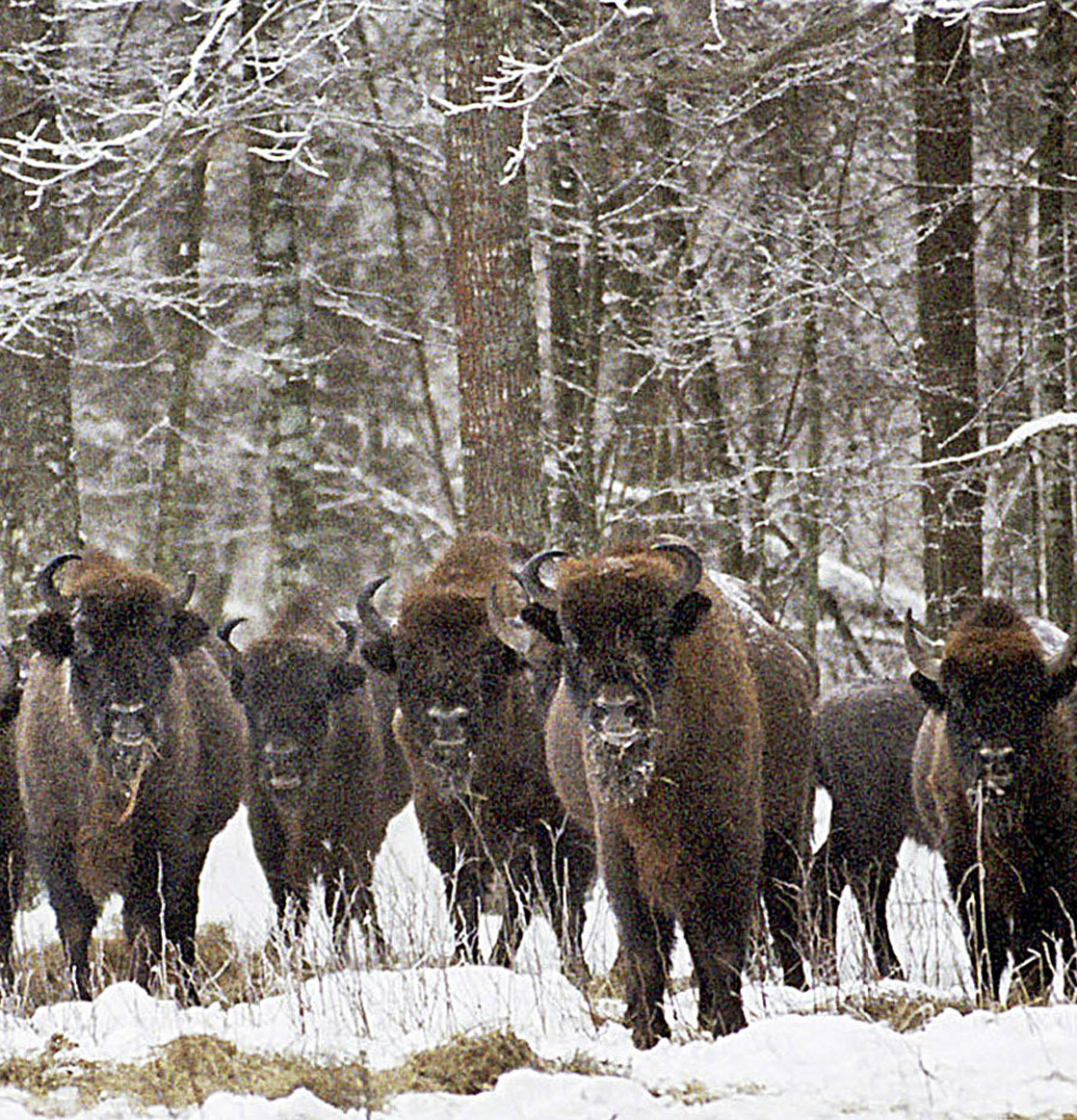Dismay as major logging to begin in Europe’s last primeval forest
Poland’s environment minister has approved a deeply contested plan to allow extensive logging in Europe’s last pristine primeval forest, arguing that the decision will help save it from bark beetle, a kind of woodworm. Following weeks of deliberations and protests, Jan Szyszko said he had approved the logging of some 180,000 cubic metres (6.4 million cubic feet) of worm-affected trees over the next 10 years in the Bialowieza Forest. It is more than four times as much as in a previous plan. Vowing to protect the forest, Greenpeace accused Szyszko of “ignoring the voices of citizens and scientists, the European Commission, UNESCO and conservation organisations”.
We’re acting to curb the degradation of important habitats, to curb the disappearance and migration of important species from this site.
Jan Szyszko
They have insisted that nature alone should be allowed to deal with the plague of the bark beetle that drills tiny tunnels in trees and causes them to die. The forest is on UNESCO’s World Heritage list. It covers 1,500sq km (580sq m) in eastern Poland and western Belarus and is home to hundreds of wild bison, over 60 other species of mammals and hundreds of species of lichens, plants and trees. Szyszko said a third of the forest would be left alone but will be photographed and monitored by experts who will assess how nature is dealing with the plague. No logging is planned in the Bialowieza National Park, which is a specially protected part of the forest.

Poland forest